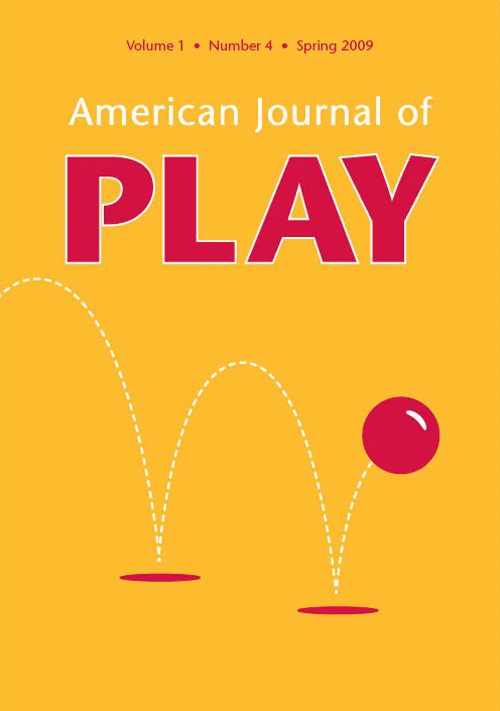Discovering the Importance of Play through Personal Histories and Brain Images: An Interview with Stuart L. Brown
Stuart L. Brown is founder of the National Institute for Play, a California-based, not-for-profit organization dedicated to the notion that play can help transform the lives of individuals, families, schools, and organizations. Trained in general and internal medicine, psychiatry, and clinical research, Brown was a physician in the United States Navy, a fellow in internal medicine at the Mayo Foundation for Medical Education and Research, assistant dean at the Baylor College of Medicine in Houston, chief of psychiatry at Mercy Hospital and Medical Center in San Diego, and voluntary clinical associate professor of psychiatry at the University of California, San Diego, School of Medicine. He has written and lectured about play in numerous public and scholarly forums and has directed, coproduced, or produced several documentaries and learning series about play and similar topics for CBS, PBS, and BBC, including a National Geographic Society program on animals and humans at play and a PBS special titled The Promise of Play. His book, Play: How It Shapes the Brain, Opens the Imagination, and Invigorates the Soul, appeared earlier this year. In this interview, Brown discusses his passion for neurological research about play, how he came to it by studying animal play and play-deprived humans, and some of what he hopes to accomplish through the National Institute for Play. In Play Brown writes that he prefers describing or illustrating play to defining it, but here he concludes with a definition.




